Translating Baudelaire: L’Invitation au Voyage
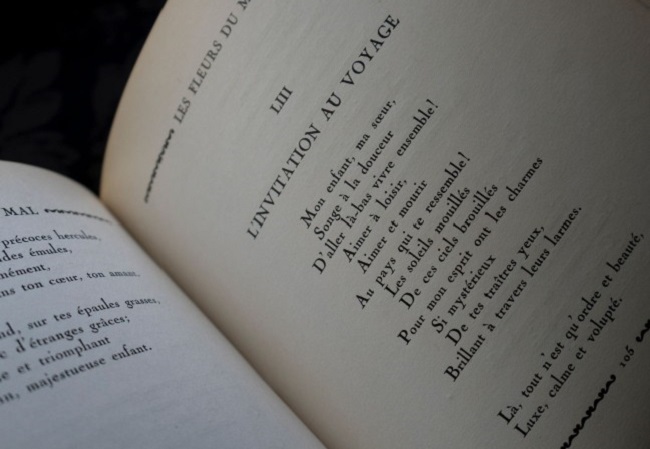
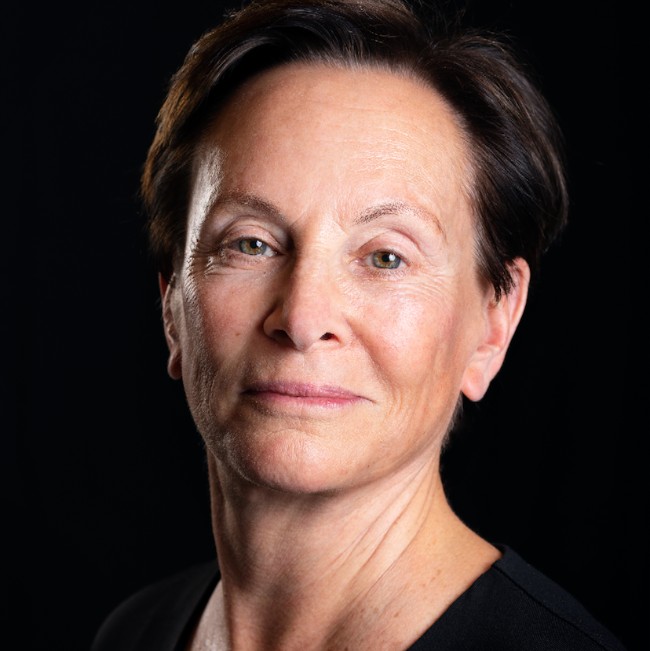
Editor’s note: This is the sixth installment in the series “Poetry in a Time of Dislocation.” Fine art photographer Fern Nesson asserts that the place for art is critical during this time of pandemic, and she has immersed herself in the French poets, translating important works and sharing them as photo essays. This week, in a return to Charles Baudelaire, Fern explains her method of translation.
(Click here for previous installments: Charles Baudelaire, Guillaume Apollinaire, Paul Valéry, Christine de Pizan, and Paul Verlaine.)
Baudelaire’s most famous poem is “L’Invitation au Voyage.” Translating this poem is treacherous since it’s been translated so many times by others (often exceedingly badly) but it gives me the opportunity to explain a bit about my approach to translation.
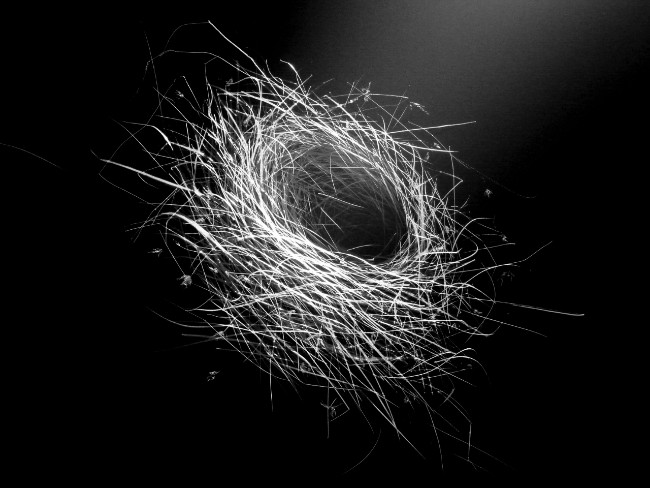
Photo: Fern Nesson
The French speakers among you will have noticed that I do not translate word for word nor to do I attempt to rhyme. In my view, translators who do that often sacrifice meaning, rhythm and poetry in their effort to reproduce the words exactly.
Instead, I practice what scholars of translation have called “mimesis.” Mimesis is an effort to get inside the poet’s head and heart, to come to understand his ideas, his intentions and the way he uses language. Then, having done that, a mimetic translator becomes the poet (metaphorically) and rewrites the poem in his own language. Done well, the poem will retain its rhythm, its poetic imagery and its meaning. (Just an aside: Baudelaire himself translated Edgar Allan Poe into French and he practiced mimesis in doing so.)
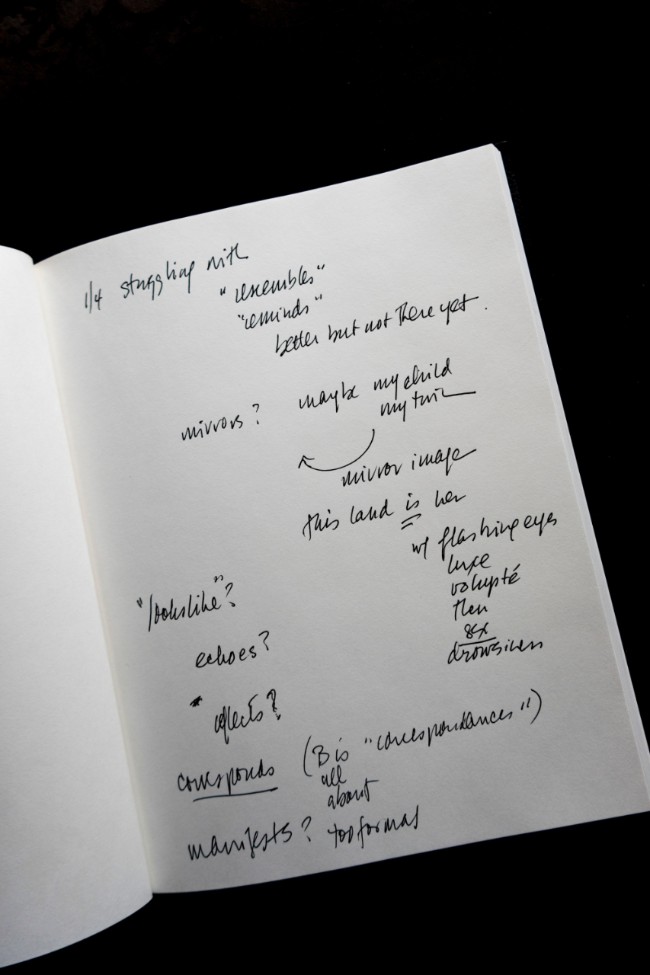
Photo: Fern Nesson
In my translation of “L’Invitation Au Voyage,” I tried my best to communicate Baudelaire’s thoughts and style but, in one instance, I gave up. The famous refrain — “Là, tout n’est qu’ordre et beauté, luxe, calme et volupté — defeated me. I could find no English words that could reproduce Baudelaire’s economy of expression and his absolutely magical way of describing paradise. So I left the refrain untranslated. The French words are close enough to English to give you a sense of their meaning and so I left them as written. Please forgive me and enjoy this extraordinary poem!
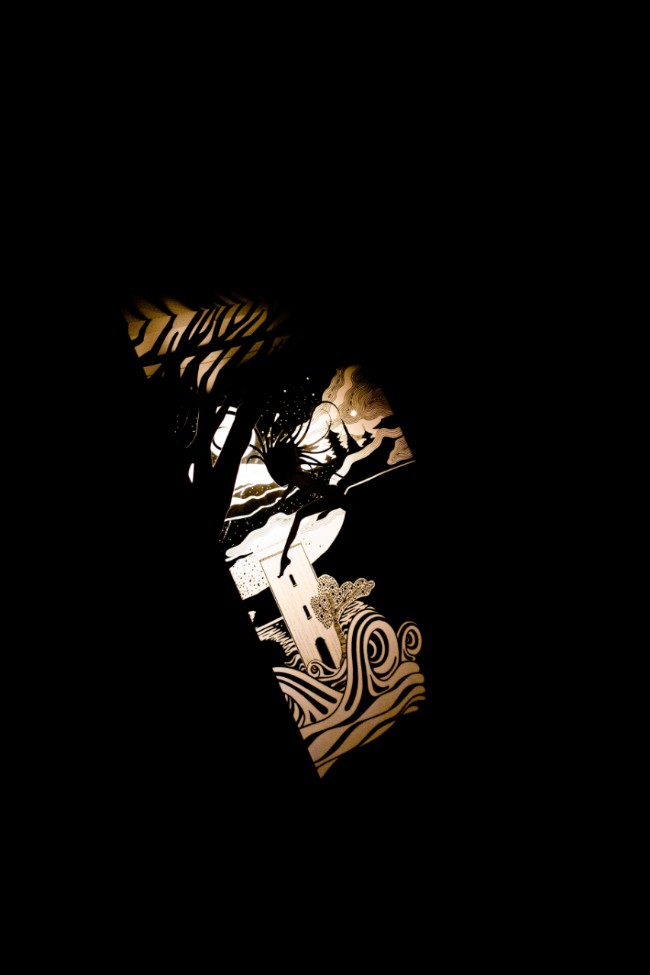
Photo: Fern Nesson
L’Invitation Au Voyage from Les Fleurs du Mal (1851)
Mon enfant, ma soeur,
Songe à la douceur
D’aller là-bas vivre ensemble!
Aimer à loisir,
Aimer et mourir
Au pays qui te ressemble!
Les soleils mouillés
De ces ciels brouillés
Pour mon esprit ont les charmes
Si mystérieux
De tes traîtres yeux,
Brillant à travers leurs larmes.
Là, tout n’est qu’ordre et beauté,
Luxe, calme et volupté.
Des meubles luisants,
Polis par les ans,
Décoreraient notre chambre;
Les plus rares fleurs
Mêlant leurs odeurs
Aux vagues senteurs de l’ambre,
Les riches plafonds,
Les miroirs profonds,
La splendeur orientale,
Tout y parlerait
À l’âme en secret
Sa douce langue natale.
Là, tout n’est qu’ordre et beauté,
Luxe, calme et volupté.
Vois sur ces canaux
Dormir ces vaisseaux
Dont l’humeur est vagabonde;
C’est pour assouvir
Ton moindre désir
Qu’ils viennent du bout du monde.
— Les soleils couchants
Revêtent les champs,
Les canaux, la ville entière,
D’hyacinthe et d’or;
Le monde s’endort
Dans une chaude lumière.
Là, tout n’est qu’ordre et beauté,
Luxe, calme et volupté.
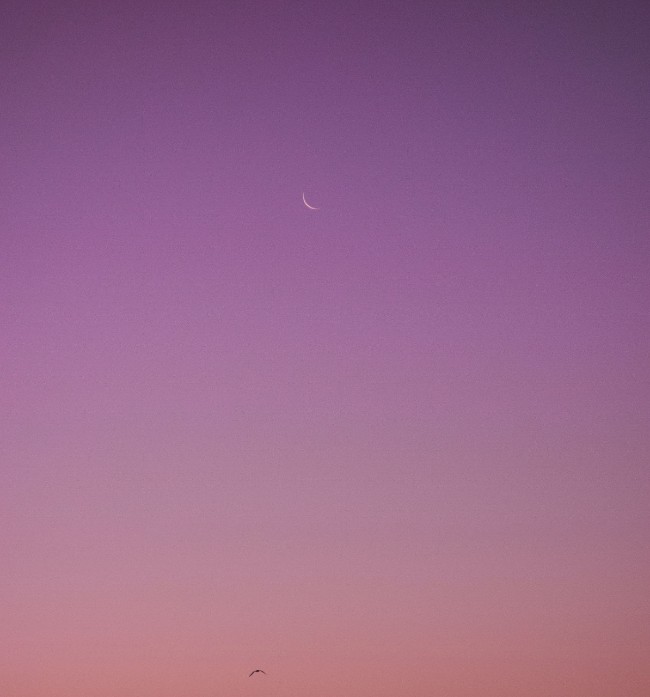
Photo: Fern Nesson
My translation
My child, my sister, my love,
Imagine the joy of running away together, Free to love,
To love and to die
in a land that reminds me of you.
A land where moist suns glow in misty skies,
A land whose mysterious charms
are the same for me as your flashing eyes,
brilliant through their tears.
Là, tout n’est qu’ordre et beauté,
Luxe, calme et volupté.
Gleaming woods
burnished by the years
adorn our chambers.
the rarest of flowers
mix their scents with hints of amber.
Coffered ceilings,
Gilded mirrors,
Carpets of oriental splendor —
all whisper to us
in the sweet native language of the soul.
Là, tout n’est qu’ordre et beauté,
Luxe, calme et volupté.
Picture a fleet of ships
floating sleepily in the harbor
awaiting your command.
They stand ready to sail to the ends of the earth
to satisfy your least desire, your every whim.
The setting sun bathes the fields,
the canals, the whole scene,
in hyacinth and gold.
All the world slumbers in its warm light.
Là, tout n’est qu’ordre et beauté,
Luxe, calme et volupté.
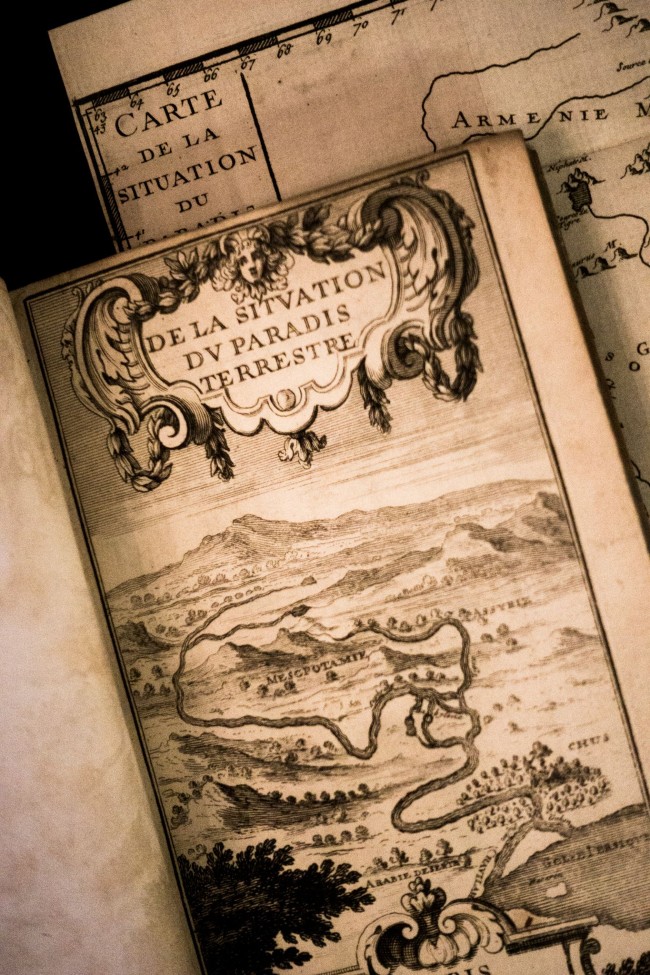
Photo: Fern Nesson
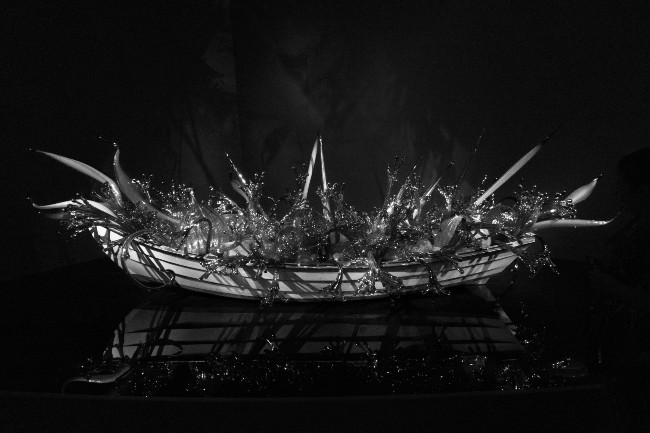
Photo: Fern Nesson
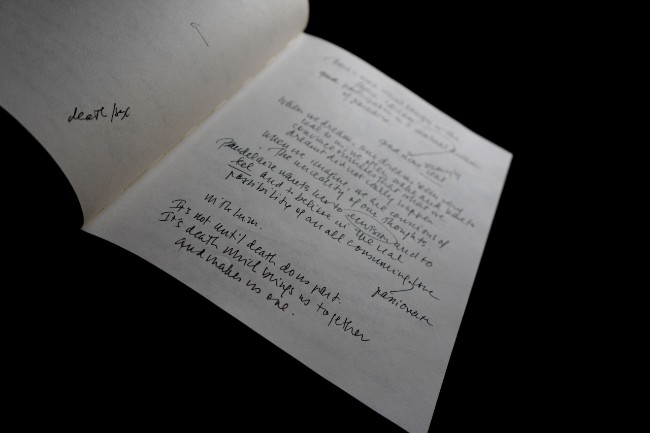
Photo: Fern Nesson
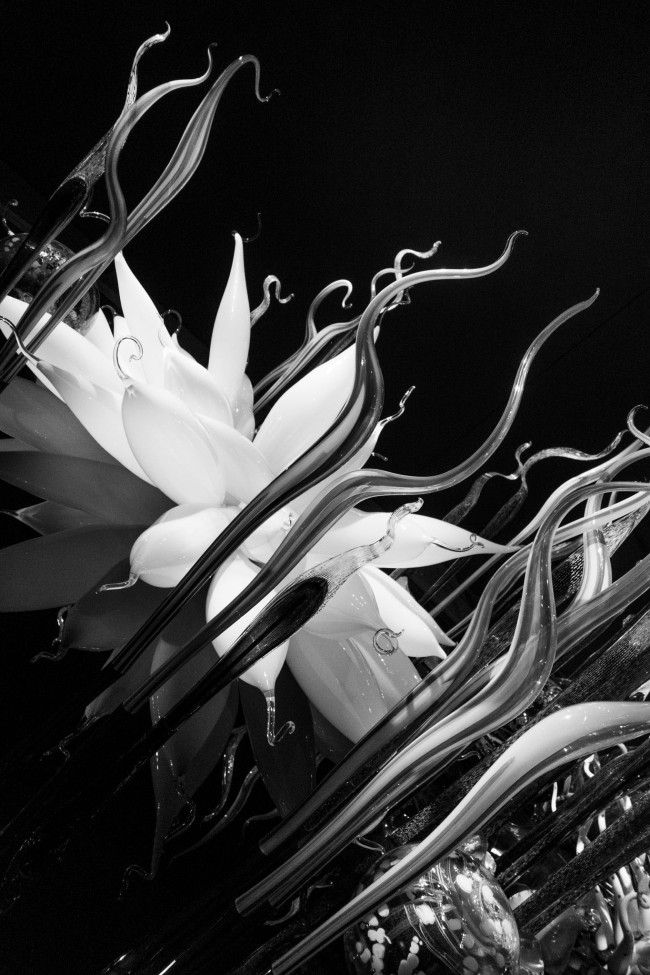
Photo: Fern Nesson
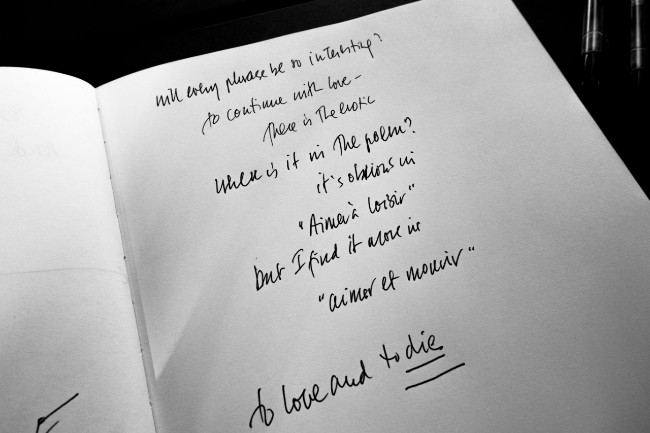
Photo: Fern Nesson
Lead photo credit : Photo: Fern Nesson
More in Charles Baudelaire, French poetry



REPLY
REPLY
REPLY
REPLY